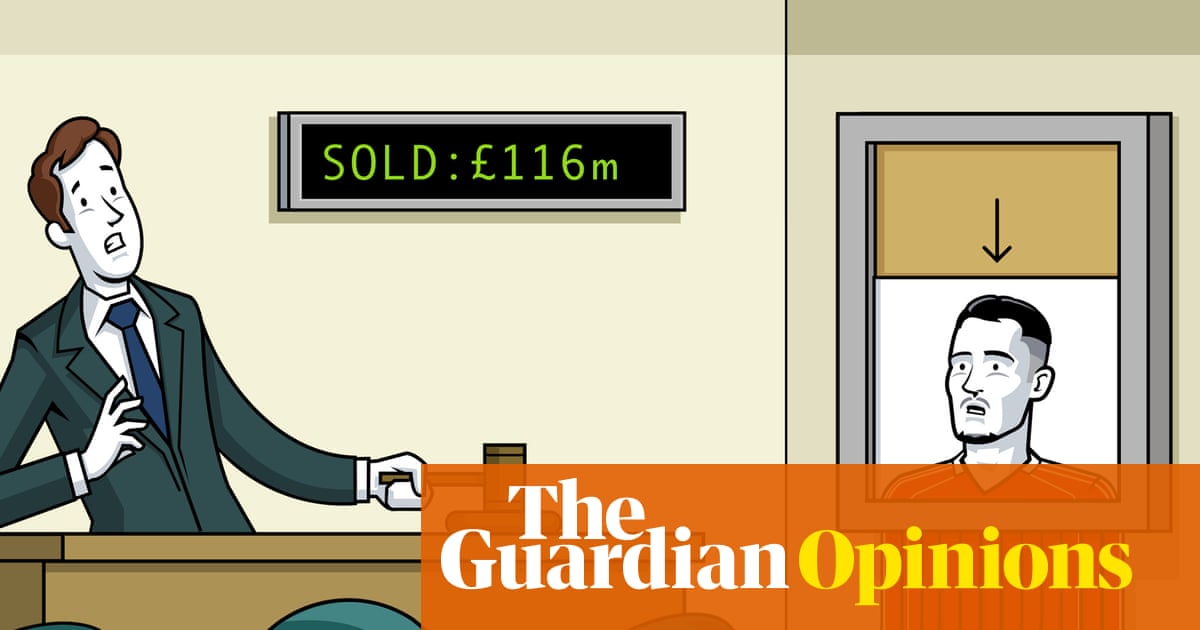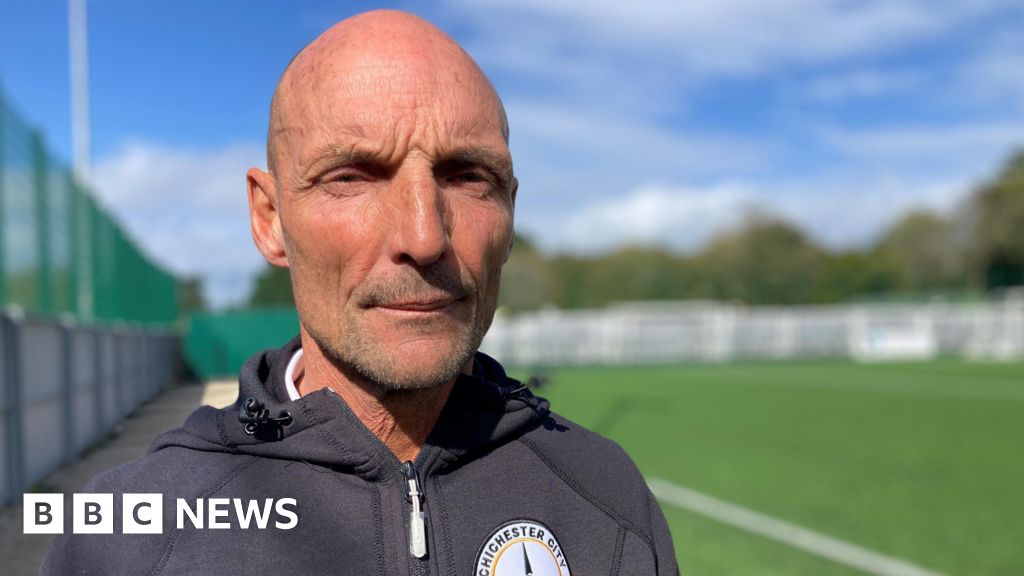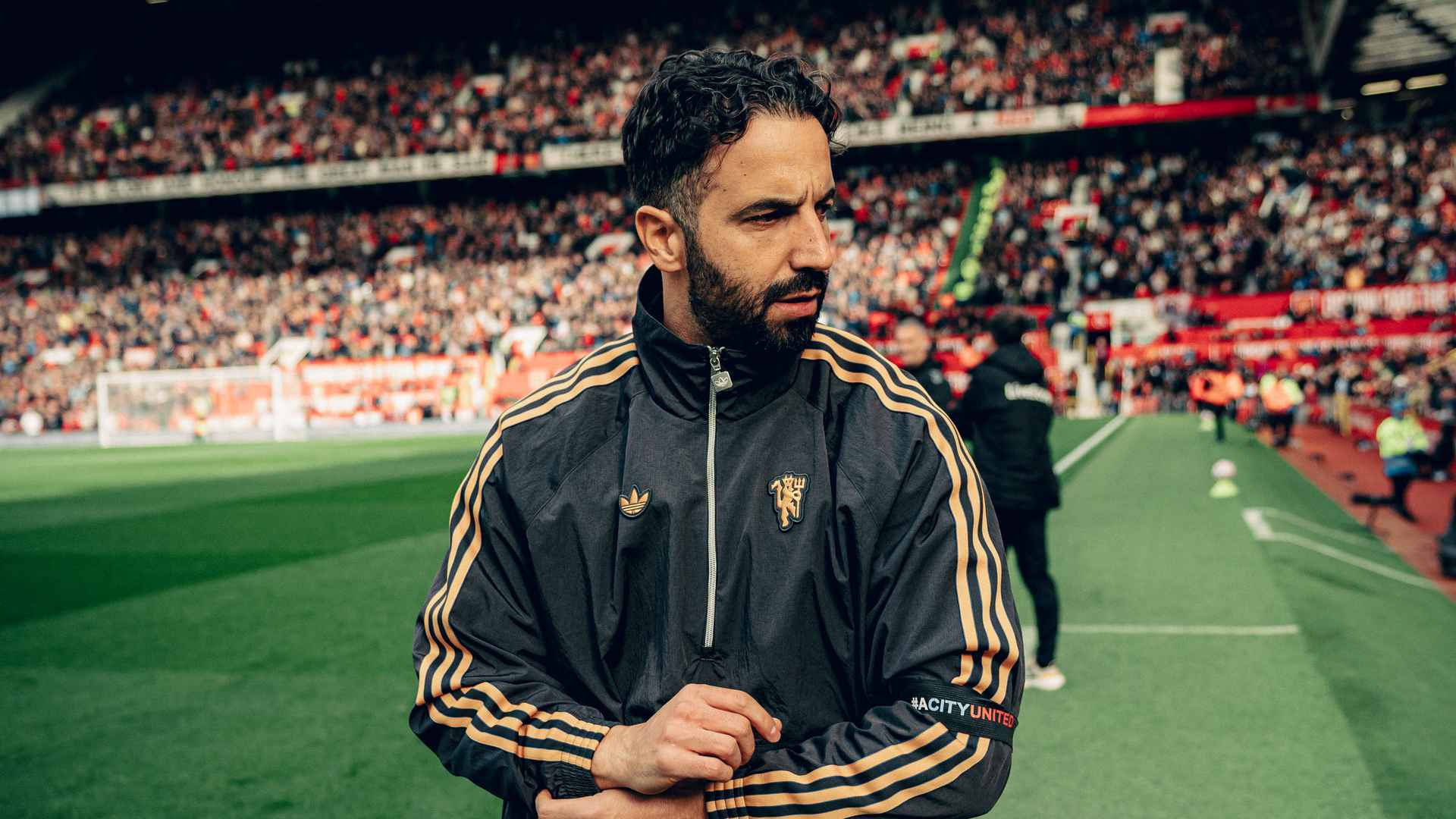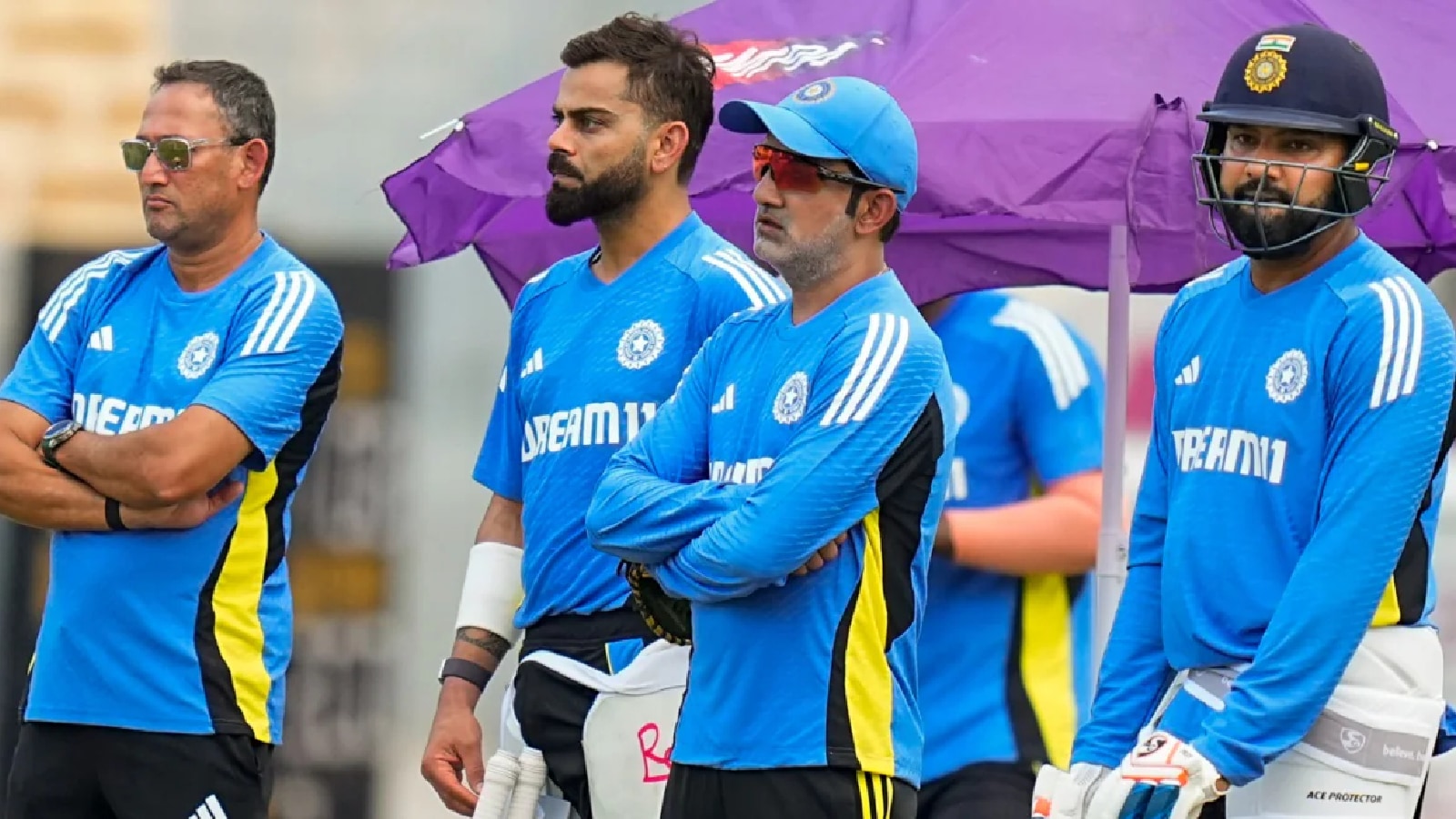Wirtz becomes latest footballer battling to best their objectively weird price tag

The verdict is in on the new Dwayne “The Rock” Johnson movie, The Smashing Machine, which does look pretty good to be fair. The key takeaway is this. Anyone who might have dismissed The Rock as simply a bald, grizzled, muscled-up fight sport veteran is going to have to eat their words.It turns out The Rock is actually a really good actor. There is talk of a previously unseen ability to inhabit a character, to subsume his entire identity within a role. The role, in this case, of a bald, grizzled, muscled-up fight sport veteran.What’s his secret! Who knew? And what next? A repressed English country house butler who is also, in his spare time, a bald, grizzled, muscled-up fight sport veteran? A Lytton Strachey biopic that recasts the arch Bloomsbury set dandy as simultaneously a bald, grizzled, muscled-up fight sport veteran?Not that there’s anything wrong with this. It’s good casting. It makes sense, like asking the real-life Smashing Machine guy to play someone called The Destruction Appliance, or signing up Daniel Day-Lewis for a portrayal of glowering method actor icon Derek Cheese-Omelette. Horses for courses. Roles that replicate roles. It also leads on to the obvious question. What do you actually know about Florian Wirtz?There are the obvious football things. Wirtz has played eight regular-season games for Liverpool and looked in snatches light, twirly, fun, nimble, high-technique. He is also yet to register a goal or an assist, or perform as he can, although he will hope to break that run at Chelsea on Saturday evening. The view is that Wirtz needs to adapt, speed up and intensify his game, get used to having fewer touches.What else? He has nine siblings. He looks like a 20th-century Balkan anarchist-poet. His dad was the coach of his village club in the kind of place that sounds as if it’s always covered in snow, where everything is basically gingerbread, harpsichord recitals and historical town-square atrocities.Otherwise nobody really knows much about Florian Wirtz. What is “Florian Wirtz”? A way of standing and running. A lighted shape on a screen. A feeling, a hot-button topic, an avatar of anxiety and excitement. Even Florian Wirtz doesn’t know much about Florian Wirtz, who in June had just turned 22, who had only ever played in Germany, and who became, absurdly, the eighth most expensive footballer of all time.In the past week Wirtz has been the object of an endlessly replicating screed of articles, echoes, news-scrapings, 67,000 of them and counting according to Google. From thundering comment on Arne Slot’s MASSIVE INBOX, to gravel-voiced pros on radio segments who look as if they woke this morning beneath a mound of kebab meat and have disparaging views on his basic physical courage, to very angry men in Micronesia producing alarmingly detailed daily missives on his accumulated failings.The Wirtz dialogue is dense and structural, powered along by tribal hatreds, comparative economics, trade balance, market values. At the end of which the actual Florian Wirtz, a youthful attacking midfielder, has played 689 minutes of autumn football in a transitional team. And the only actual issue, for which he carries no responsibility, but which will subsume everything else, is that objectively weird price tag.There is an important point here. In a sport where every metric is minutely ranked, why is football so blind to the power of transfer fees? The basic evidence is clear. Spending statement money is a massive gamble every time, almost a self-fulfilling act of sabotage.Let us study that well-thumbed list. Of the top 35 priciest moves, 18 have been total turkeys. Arguably, at the time of writing only one of the top 10, Jude Bellingham to Real Madrid, has worked as it was meant to. In a moneyballish, number-heavy game why do so many clubs not acknowledge the most obvious data point? If you’re paying over £80m the stats say this is unlikely to work.You could take an age debating the names. I will discount out of hand the top one, Neymar’s €222m move to Paris Saint-Germain, an abomination that distorted an entire market, a move that gave us Neymar dancing on crutches in a Parisian fashion dungeon wearing only a solid-gold bowler hat, and which functions only as a kind of tell. If you think an absence of regulation, allowing a government to splurge its marketing budget on athletic talent is a “free market”, you really have no idea what a free market is.The same goes for No 2, Kylian Mbappé to PSG, who had to let him go to finally win the Champions League. Scroll down and it’s Gareth Bale at No 18 and Harry Kane at 21 before you get to a move that was clearly worth it based on returns and an absence of referred pain. The real duds are potential club wreckers. No 10: Eden Hazard to Madrid, the GDP of a small country in exchange for a nice holiday in a city where the ham is good. Neymar to Al-Hilal, more an act of community damage limitation, like taking a plague ship into dock for the sake of the wider good.Overall only seven of the top 35 transfers look like value for money right now: Virgil van Dijk, Frenkie de Jong and Neymar to Barcelona, Kane, Bale, Gonzalo Higuaín to Juventus. And finally the daddy transfer, Madrid signing Cristiano Ronaldo, who is whatever else an absolute sporting machine, who eats transfer fee pressure as a high protein mid-morning snack.The specific issue with Wirtz is that he is being asked to do something new. Here is a list of every creative attacker under the age of 23 who has been bought for €100m and asked to step up into a stronger league: João Félix to Atlético Madrid (total bust). Ousmane Dembélé to Barcelona (house-trashing meltdown). Antony at Manchester United (a year standing on the touchline looking as if he wanted to kick over a traffic cone). Enzo Fernández to Chelsea (improving). And Bellingham, who deserves respect just for getting this far. So good luck with all that, Florian.And yes, transfer fees are invisible, nobody’s fault and could ideally just be ignored. On the other hand spending this much is often a symptom of wider dysfunction: a statement, a gamble, a panic, or more commonly buying at the top of the value curve and just hoping it carries on like that.Fees do matter. This is money that can’t be spent in other areas. It creates an internal hierarchy. It sets unrealistic expectations. It seems absurd a few years on that Paul Pogba could be singled out as the key reason Manchester United aren’t good. Price tags are bullshit, arbitrary and subject to the Premier League premium. But price tags are also heavy when you’re 22, an elevation to a list alongside genuine greatness, fixed points in the history of a sport.And of course the hunger for instant returns deprives us of other things. So many great footballers have taken time. But for Wirtz time will be short, scrutiny brutally blunt. The only real issues are a very obvious need for adaptation. At Bayer Leverkusen he had five defensive players behind him and was the funnel for every forward move. Liverpool are reaching for a new shape. The Salah-Trent axis, the heart of the Klopp era, has vanished.Wirtz has also arrived as a creative sprite just as the league prepares for a culture shift into collisions, power, hard running, set-pieces. His delivery is good, but otherwise he has no role in these phases. At Arsenal on Wednesday Daniel Podence, who is 5ft 4in, could be seen actively sprinting away from every set-piece like a guilty husband caught on kiss cam. At one point he leapt for a high ball and it was as if someone had thrown an action man at Ben White from a passing car.It should work out. Wirtz is a seriously good footballer. But time is just so short. A €60m Wirtz can be dropped, worked on. A €125m Wirtz has to stay the course in the brightest of lights, a little stretched and miscast, the latest to feel the heat of list-heritage, of football’s monied stupidity, carrying his delicate skills out once again into the smashing machine.









